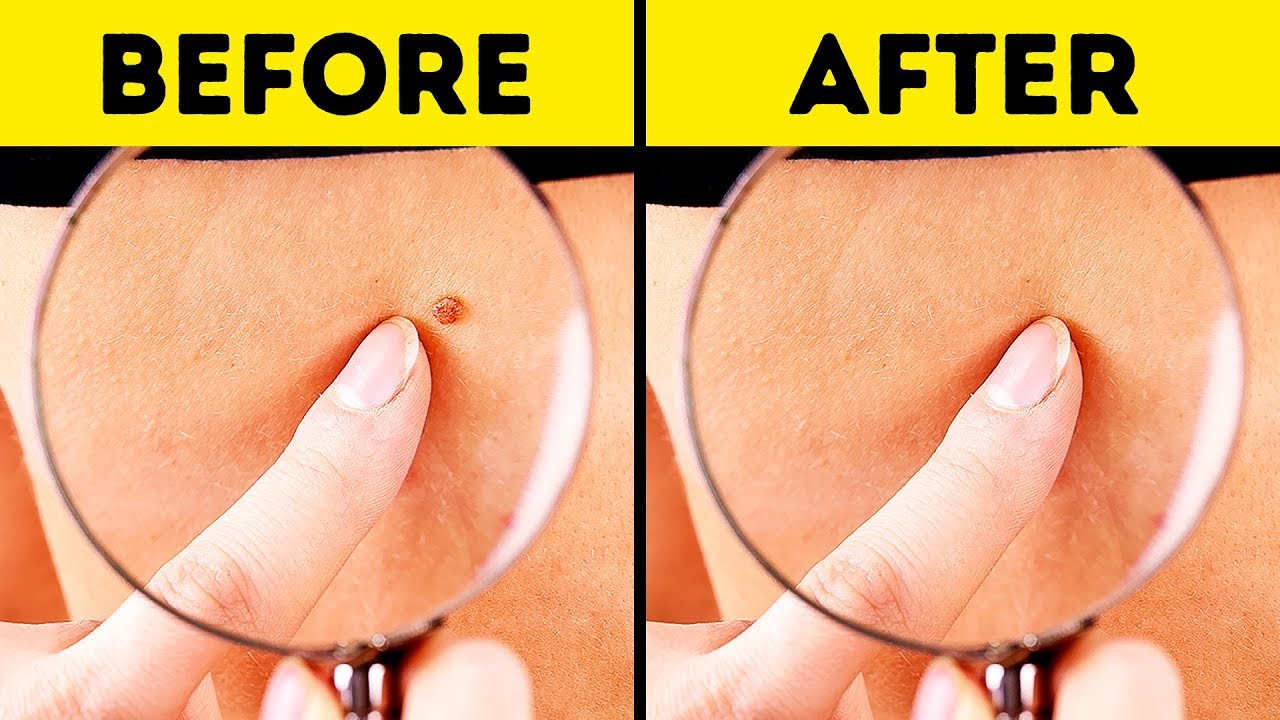While it’s always best to consult a dermatologist for safe and effective removal of skin tags, there are some home remedies you can try. Keep in mind that results may vary, and it’s essential to proceed with caution to avoid irritation or infection. Here are a few methods:
- Apple Cider Vinegar: Soak a cotton ball in apple cider vinegar and apply it to the skin tag. Secure it with a bandage and leave it overnight. Repeat daily until the skin tag falls off.
- Tea Tree Oil: Apply a few drops of tea tree oil directly to the skin tag and cover it with a bandage. Leave it on overnight and rinse in the morning. Repeat daily until the skin tag disappears.
- Banana Peel: Cut a small piece of banana peel and place it over the skin tag, securing it with a bandage. Leave it on overnight and repeat until the skin tag falls off.
- Garlic: Crush a garlic clove to extract the juice and apply it to the skin tag. Cover with a bandage and leave it on overnight. Rinse in the morning and repeat daily until the skin tag is gone.
- Duct Tape: Cover the skin tag with duct tape and leave it on for several days. This method deprives the skin tag of oxygen, causing it to eventually fall off.
- Over-the-Counter Solutions: There are over-the-counter products specifically designed for removing skin tags, such as creams or freezing kits. Follow the instructions carefully and discontinue use if you experience any adverse reactions.
- Medical Scissors or Nail Clippers (with caution): If you prefer a more direct approach, sterilize medical scissors or nail clippers with rubbing alcohol and carefully snip off the skin tag at its base. This method can be painful and may cause bleeding, so proceed with caution and avoid if you’re uncomfortable or unsure.
Before attempting any home remedy, it’s essential to ensure the growth is indeed a skin tag and not a more serious condition. If you’re uncertain, or if the skin tag is in a sensitive area like the eyelids or genitals, it’s best to consult a healthcare professional for proper diagnosis and treatment. Additionally, if you experience any pain, bleeding, or signs of infection, seek medical attention promptly.
